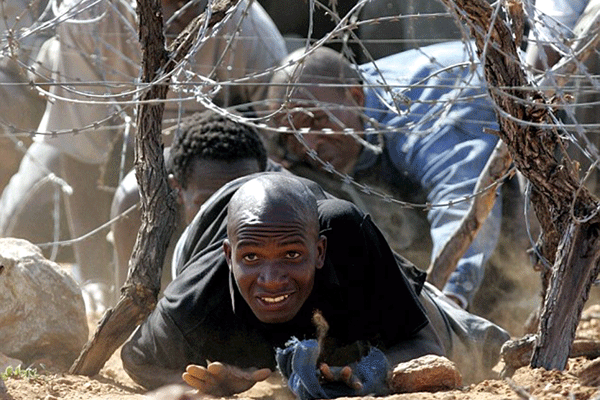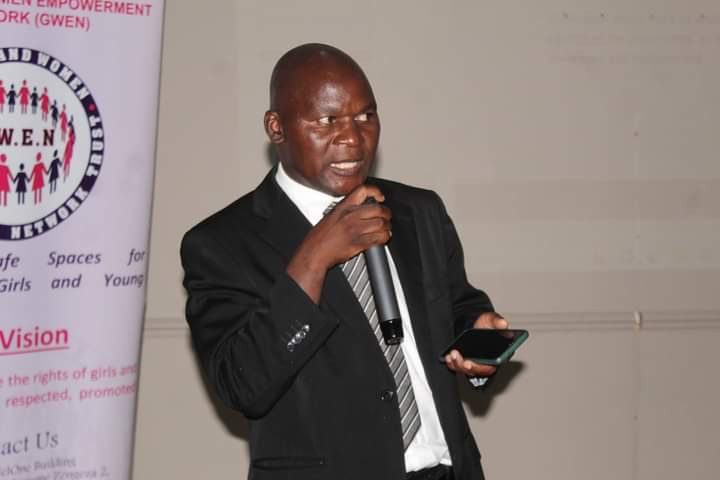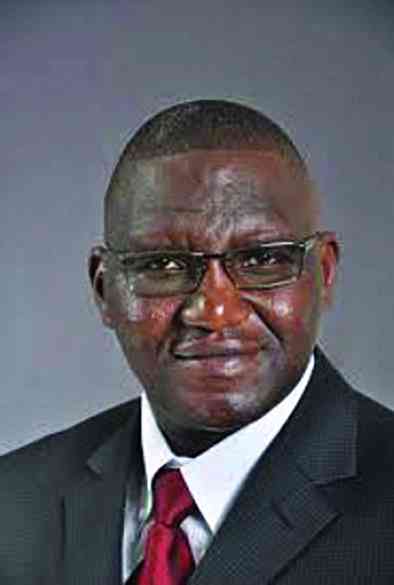
BY LORRAINE MUROMO HOME Affairs minister Kazembe Kazembe yesterday said the reopening of the country’s borders would reduce illegal immigration to South Africa at a time when Pretoria is struggling to contain the influx of border jumpers.
Kazembe met national commissioner of the South Africa Police Service and chairperson of the Southern African Regional Police Chiefs Co-operation Organisation (SARPCCO) Khehla John Sitole yesterday at his offices in Harare.
Sitole’s visit comes after South Africa Home Affairs minister Aaron Motsoaledi accused Zimbabwean security forces of taking bribes to let undocumented immigrants into that country.
“The opening of borders in some way — I believe, will curb illegal immigrants because after the borders were closed due to COVID-19, some people had to find ways of crossing the borders,” Kazembe said.
“Some rely on cross-border trading, so opening the border in some way will reduce those crimes because the official routes are open. The pandemic is still with us, but judging from the statistics, it would appear we have managed to control it. We appreciate that some people earn their living through cross-border trading and it would badly impact communities in a way because we now had limited movement over the borders.”
Sitole said regional co-operation was pivotal, including online policing through use of information communication technology to curb crime.
He said most economic strategies by member States were already being targeted by criminals through transnational crime.
“Most of these grand economy strategies are under threat and criminals are actually in our base trying hard to slow down economic growth in most of the countries in the region despite that we have taken a blow from COVID-19. As a result of that we are trying to a great extent to forge an integrated and multi-disciplinary response to transnational organised crime,” Sitole said, adding that there was need for crafting of legislation that permitted facial recognition on CCTV at points of entry to create safer environments.
- Chamisa under fire over US$120K donation
- Mavhunga puts DeMbare into Chibuku quarterfinals
- Pension funds bet on Cabora Bassa oilfields
- Councils defy govt fire tender directive
Keep Reading
Zimbabwe has since joined countries within SARPCCO to initiate the facial recognition system at its airports and other points of entry to improve detection of criminals.
- Follow Lorraine on Twitter @RMuromo










